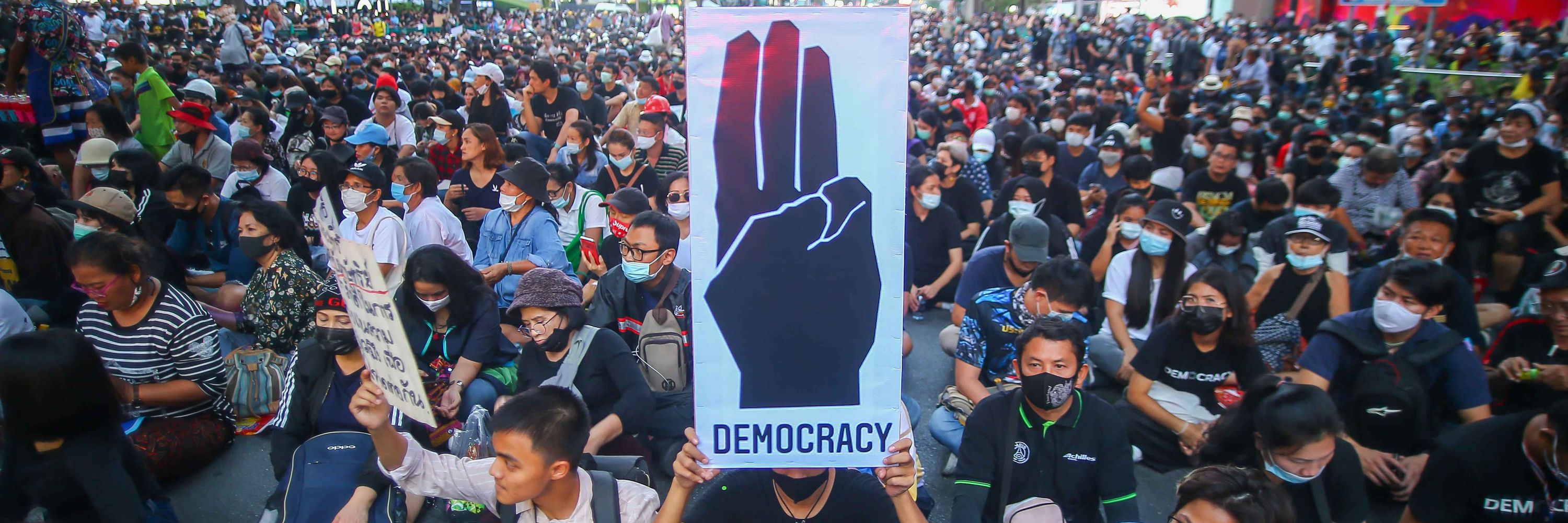
Researchers: V-Dem Principal Investigator Jan Teorell, and Per Andersson, both from @stockholm-uni.bsky.social, with Filip Milacic (Central European University) and Milan Svolik (Yale University).
4(4)
Researchers: V-Dem Principal Investigator Jan Teorell, and Per Andersson, both from @stockholm-uni.bsky.social, with Filip Milacic (Central European University) and Milan Svolik (Yale University).
4(4)
Researchers: V-Dem Institute director Staffan I. Lindberg and V-Dem Institute post doc Marina Nord, University of Gothenburg.
3(4)
Researchers: V-Dem Institute director Staffan I. Lindberg and V-Dem Institute post doc Marina Nord, University of Gothenburg.
3(4)
Project 2 investigates why some voters stop acting as watchdogs against democratic violations, and what characterizes voters that strongly defend democratic norms.
2(4)
Project 2 investigates why some voters stop acting as watchdogs against democratic violations, and what characterizes voters that strongly defend democratic norms.
2(4)
8(8)
8(8)
7(8)
7(8)
6(8)
6(8)
5(8)
5(8)
4(8)
4(8)
3(8)
3(8)
2(8)
2(8)
Make your own graph: v-dem.net/graphing/gra...
5(5)
@vdemamlat.bsky.social
Make your own graph: v-dem.net/graphing/gra...
5(5)
@vdemamlat.bsky.social
4(5)
4(5)
3(5)
3(5)
2(5)
2(5)
Read more in the Policy Brief "U-turns – The Hope for Democratic Resilience":
v-dem.net/media/public...
or in "When autocratization is reversed: episodes of U-Turns since 1900": www.tandfonline.com/doi/full/10....
7(7)
Read more in the Policy Brief "U-turns – The Hope for Democratic Resilience":
v-dem.net/media/public...
or in "When autocratization is reversed: episodes of U-Turns since 1900": www.tandfonline.com/doi/full/10....
7(7)
6(7)
6(7)

